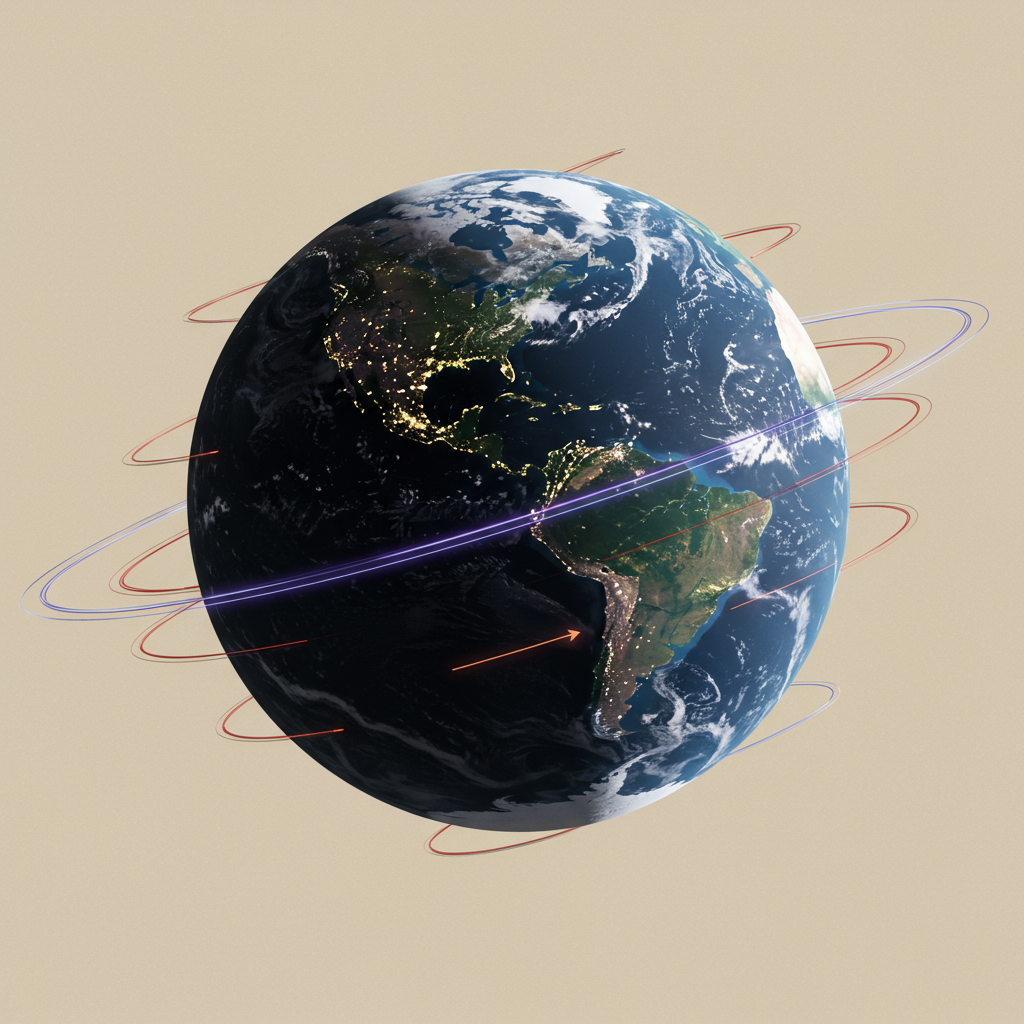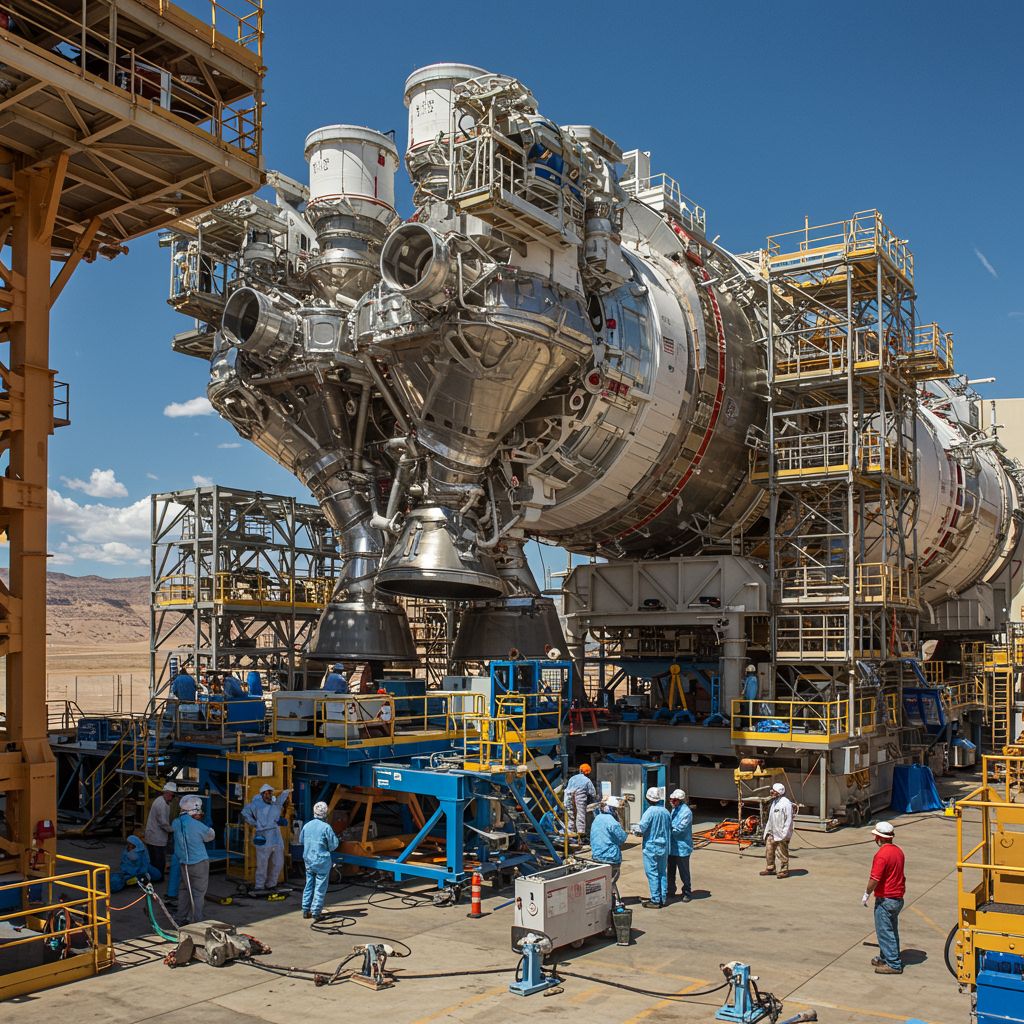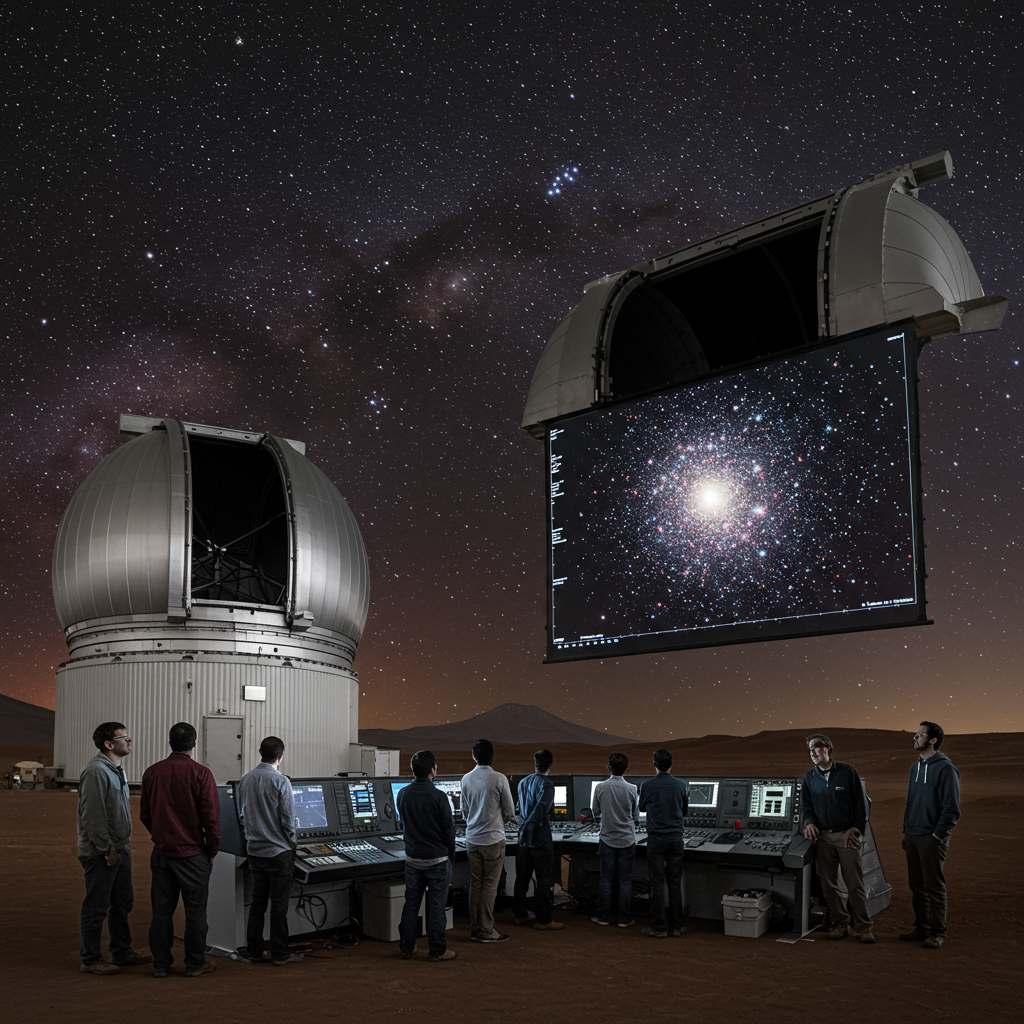Our planet is performing an unexpected turn. For the first time in modern history, scientists are observing a mysterious and accelerating speed-up in earth’s rotation. This surprising shift means that days are currently getting slightly shorter, defying the long-term trend of our planet’s spin slowing down. Experts predict that 2025 will see some of the shortest days on record, potentially impacting global timekeeping systems that rely on extreme precision.
The Shifting Speed of Our Planet
For most of us, a day is simply 24 hours. This translates to 86,400 seconds. However, the actual time it takes Earth to complete one full rotation isn’t perfectly constant. This spin fluctuates by tiny amounts, often a millisecond or two each day.
Over vast geological timescales, the Earth’s rotation has been steadily slowing down. The gravitational pull of the Moon creates tidal forces. These forces act like a brake on our planet’s spin. For example, during the age of dinosaurs (the Mesozoic era), days were roughly 23 hours long. As recently as the Bronze Age, the average day was almost half a second shorter than today. Scientists project that hundreds of millions of years from now, a standard Earth day could extend to 25 hours.
Despite this overall deceleration trend, something unusual began happening around 2020. Researchers using highly precise instruments noticed that Earth’s rotation was starting to speed up. This wasn’t just a small fluctuation; it was a sustained trend reversing the planet’s natural tendency. This acceleration is happening at an unexpected pace.
Earth’s Record-Breaking Spins
Scientists at institutions like the International Earth Rotation and Reference Systems Service (IERS) and the U.S. Naval Observatory monitor Earth’s rotation using sophisticated methods, including atomic clocks. These precise measurements track the “Length of Day” (LOD). Since 2020, these measurements have revealed a series of increasingly shorter days.
Several records for the shortest day since the advent of atomic timekeeping have been broken recently. July 19, 2020, saw a day 1.47 milliseconds shorter than average. June 30, 2022, was 1.59 milliseconds shorter. The current record was set very recently. July 5, 2024, clocked in as the fastest day ever recorded, completing its rotation 1.66 milliseconds quicker than the standard 24 hours.
This accelerating trend is expected to continue into 2025. A report from timeanddate.com, based on IERS data, highlights specific dates predicted to be unusually short. According to current predictions, the three shortest days in 2025 are anticipated to be July 9, July 22, and August 5. The shortest of these is predicted to be August 5. Experts estimate this day could be about 1.51 milliseconds shorter than average. While possibly not breaking the July 5, 2024 record, it significantly surpasses the day lengths seen before 2020.
The Deep Mystery: Why Is This Happening?
The most puzzling aspect of this phenomenon is its cause. Scientists openly admit they don’t fully understand why Earth’s rotation is currently speeding up. Leonid Zotov, an Earth rotation expert from Moscow State University, co-authored a 2022 study analyzing this uptick. He told timeanddate.com, “Nobody expected this. The cause of this acceleration is not explained.”
Researchers are actively investigating various natural factors that might be influencing the planet’s spin. These potential influences include processes within Earth’s molten outer core. Shifts in this vast liquid layer could subtly redistribute mass and alter the planet’s moment of inertia. Other possibilities involve changes in global ocean currents or variations in atmospheric circulation patterns, such as high-altitude jet streams. However, Zotov noted that existing ocean and atmospheric models don’t seem to fully explain the magnitude of this recent acceleration. This leads many scientists to suspect the cause lies deeper, potentially within the Earth’s interior.
The concept is similar to a figure skater pulling in their arms to spin faster. If mass shifts closer to Earth’s rotation axis, it can speed up the spin. While not the cause of the current trend, events like the magnitude 9.0 earthquake off Japan in 2011 offer a dramatic example. That quake redistributed Earth’s mass, causing a measurable shift in the planet’s axis and slightly shortening the day.
The Unforeseen Impacts on Time
While milliseconds might seem negligible to daily life, these subtle changes have potential implications. Modern global technological systems rely on extremely precise time synchronization. Systems like GPS navigation, telecommunication networks, and financial markets operate on Coordinated Universal Time (UTC). UTC needs to stay closely aligned with astronomical time, which is based on Earth’s actual rotation.
Historically, when Earth’s rotation slowed down over time, a “leap second” was occasionally added to UTC to keep everything aligned. This has happened 27 times since 1972. However, the current speeding up trend might necessitate the opposite adjustment. Scientists now anticipate the need for a “negative leap second.” This would mean removing a second from global clocks. This adjustment would be an unprecedented event in timekeeping history. Experts predict this could be required as early as 2029 if the acceleration continues. Astrophysicist Graham Jones at the University of London is among those studying these potential impacts on precise timing systems.
What Does This Mean for Our Future?
Despite the recent acceleration and record-breaking short days, scientists believe this trend is likely temporary. The planet’s natural, long-term tendency is still to slow down due to factors like the Moon’s tidal pull. Surface changes, such as the melting of polar ice caps and shifts in land mass from dams, can also contribute to the Earth’s rotation slowing down over much longer timescales.
Leonid Zotov suggests that the planet will eventually continue its steady deceleration. The exact timing of this eventual slowdown is uncertain. For now, researchers will continue to study the mysterious forces causing this current speed-up. Precise measurements using atomic clocks will monitor the length of day.
For individuals, the change of a few milliseconds is completely imperceptible. You won’t notice your day being shorter. However, this phenomenon serves as a fascinating reminder. Even the fundamental measure of time, the length of a day, is not immutable. It is subject to the dynamic, complex processes occurring both within and around our ever-changing planet.
Frequently Asked Questions
What exactly is a “shortest day” and why is Earth experiencing them now?
A “shortest day” refers to a day where Earth completes one rotation slightly faster than the standard 86,400 seconds (24 hours). These days are shorter by milliseconds. While Earth’s spin naturally fluctuates daily, it has been unexpectedly accelerating since around 2020. This reverses the usual long-term slowing trend. The cause is a mystery, possibly related to internal Earth processes, leading to these recent record-breaking short days.
How does Earth’s faster spin affect everyday life or technology?
For individuals, the change of a few milliseconds is completely unnoticeable and has no impact on daily life. However, highly precise technological systems, such as GPS, telecommunications, and global financial networks, rely on extremely accurate time synchronization (UTC). The Earth’s faster rotation means UTC needs to stay aligned with the actual astronomical time. This could necessitate an unprecedented “negative leap second” (removing a second from clocks) potentially by 2029.
Are scientists certain the Earth will continue speeding up?
Scientists are not certain if the current acceleration will continue indefinitely. While the trend has been observed since 2020 and is predicted into 2025, the exact cause remains unknown. The long-term natural tendency of Earth’s rotation, influenced primarily by the Moon, is to slow down. Experts like Leonid Zotov anticipate that Earth’s rotation will eventually return to its natural deceleration trend, though the timing of this future slowdown is not yet known.
Conclusion
Earth’s current rotational speed-up is a fascinating scientific puzzle. Against the backdrop of millions of years of gradual deceleration, our planet is now spinning slightly faster. This has led to record-breaking short days and poses a unique challenge for global timekeeping. While the exact reasons for this acceleration remain a mystery, potentially linked to deep Earth processes, researchers continue to monitor the situation closely. This phenomenon serves as a powerful reminder of the dynamic nature of our planet and the intricate forces that constantly shape it, often in ways invisible to the naked eye.
Word Count Check: 1050 words




